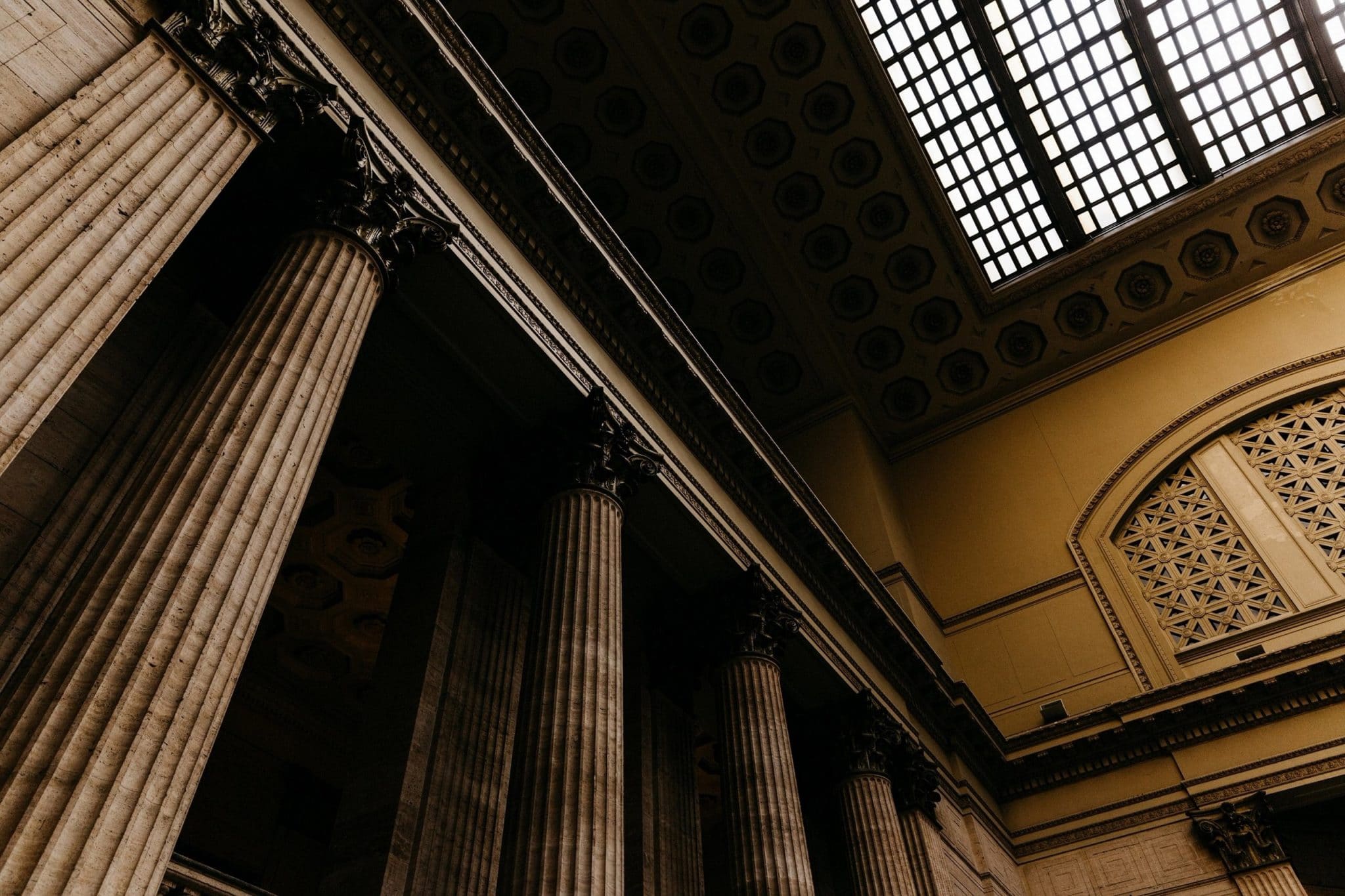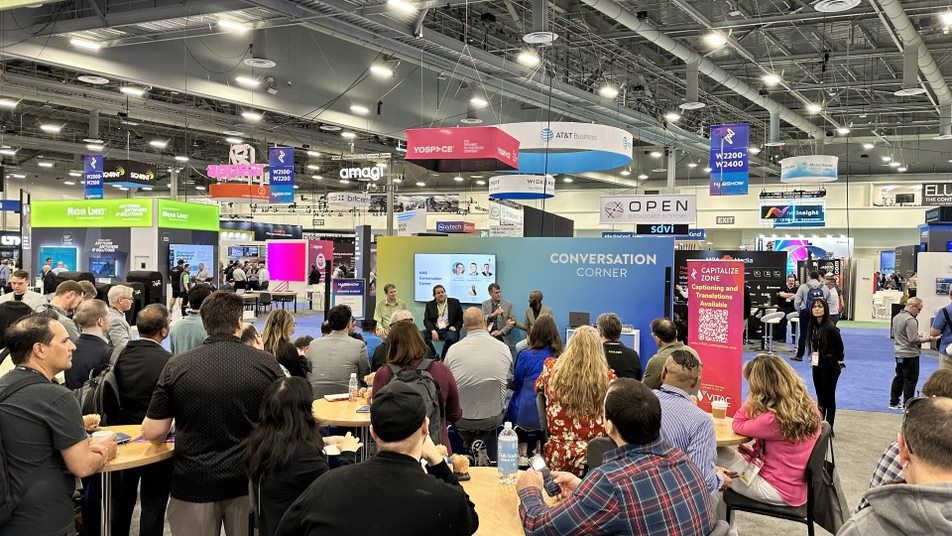Welcome to the latest edition of “ADA in the News,” featuring recent news, updates, events, and rulings regarding the Americans with Disabilities Act.
Appeals Court Rules on Accommodations Claim
 A federal appeals court overturned a lower court decision this month, and reinstated a disability discrimination claim that argued Union Pacific Railroad failed to reasonably accommodate a hard-of-hearing conductor.
A federal appeals court overturned a lower court decision this month, and reinstated a disability discrimination claim that argued Union Pacific Railroad failed to reasonably accommodate a hard-of-hearing conductor.
In 2012, the Federal Railroad Administration set rules to ensure that conductors had hearing acuity and that railroads protected their workers’ hearing. The suit claims that the plaintiff, who was hired by the railroad in 2006, was tested both with and without hearing aids using an amplified hearing protection device. The plaintiff did not pass the test without his hearing aids and without hearing protection, and passed only when he relied on his hearing aids with no additional hearing protection.
The plaintiff proposed that he use a custom-made hearing protection device, but the railroad rejected the proposal as it did not have a proven noise reduction rating as required by federal regulation. The railroad did not recertify him as a conductor and he was let go from the job.
The plaintiff initially filed a discrimination suit in district court, which dismissed the case on the grounds that it failed to provide evidence that the man could perform the essential duties of his job with a reasonable accommodation.
That ruling was overturned by an appeals court, which ruled, among other things, that potential reasonable accommodations were not considered which could have permitted the man to wear hearing protection while also meeting the requirements of the hearing regulation.
Sub Shop Denied Job to Hard-of-Hearing Applicant, Federal Agency Charges
A lawsuit alleges that an Indiana sandwich shop violated federal law by rejecting a hard-of-hearing applicant because of his hearing and speech difficulties.
According to a lawsuit filed by the Equal Employment Opportunity Commission (EEOC), Ranrae, Inc., which owns and operates a Subway store in Bloomington, IN, refused to hire an applicant for a position because of his disability, citing “a communication concern” due to the applicant’s “hearing” and “speaking.”
Such alleged conduct violates the Americans with Disabilities Act (ADA), which prohibits employment discrimination based on disability.
The EEOC suit is seeking back pay, compensatory and punitive damages, and other relief from Subway, including a permanent injunction to prevent the company from engaging in future disability discrimination in hiring.
Universities Face Accessibility Lawsuits; Overall Filings See Decrease in 2020
 There’s been an uptick in lawsuits by students with disabilities against colleges and universities since the coronavirus pandemic shifted higher education online.
There’s been an uptick in lawsuits by students with disabilities against colleges and universities since the coronavirus pandemic shifted higher education online.
An article in Diverse: Issues in Higher Education reports that digital accessibility suits in July and August saw a sharp increase as compared to the number of suits filed during first half of the year.
Such things as a lack of captions on videos, no descriptive text on images, and websites that aren’t compatible with screen reading software all are accessibility obstacles. And with the more students attending classes remotely as a result of the pandemic, these obstacles are more pronounced than before.
The article says that while colleges and universities have increasingly realized the importance of paying attention to the needs of students with disabilities, the shift online during COVID-19 – and the litigation that came with it – likely has accelerated universities’ growth in this area and could leave a lasting impact on the digital accessibility of online higher education.
ADA Title III Suits
A report by law firm Seyfarth Shaw found that in the first six months of 2020, 4,759 ADA Title III lawsuits were filed in federal court, as compared to 5,592 such suits filed in the first six months of 2019. A number of the cases filed concern allegedly inaccessible websites or hotel reservation websites that do not have sufficient accessibility information about their accessible rooms.
This decrease, the report says, largely is due to the significantly fewer filings in April and May of 2020, when most of the country was shut down due to the coronavirus. The report predicts that 2020 will end with fewer lawsuits than in 2019, but expects the numbers to pick back up with the country and courts slowly reopening.
California (2,702 lawsuits), New York (756 lawsuits), and Florida (574 lawsuits) continue to lead the country in the number of federal filings. Rounding out the top ten states for federal ADA Title III filings during the first six months of 2020 were Texas, Georgia, Illinois, Pennsylvania, Massachusetts, Colorado, and New Jersey.
How We Can Help
Providing accessible solutions – whether it be via captioned content on a website or other reasonable accommodations – not only satisfies ADA requirements but also is the right thing to do. Over the past 30+ years, VITAC has worked closely with disability advocates and clients from a wide range of industries, including the educational, government, and corporate sectors, to provide accessible solutions.




